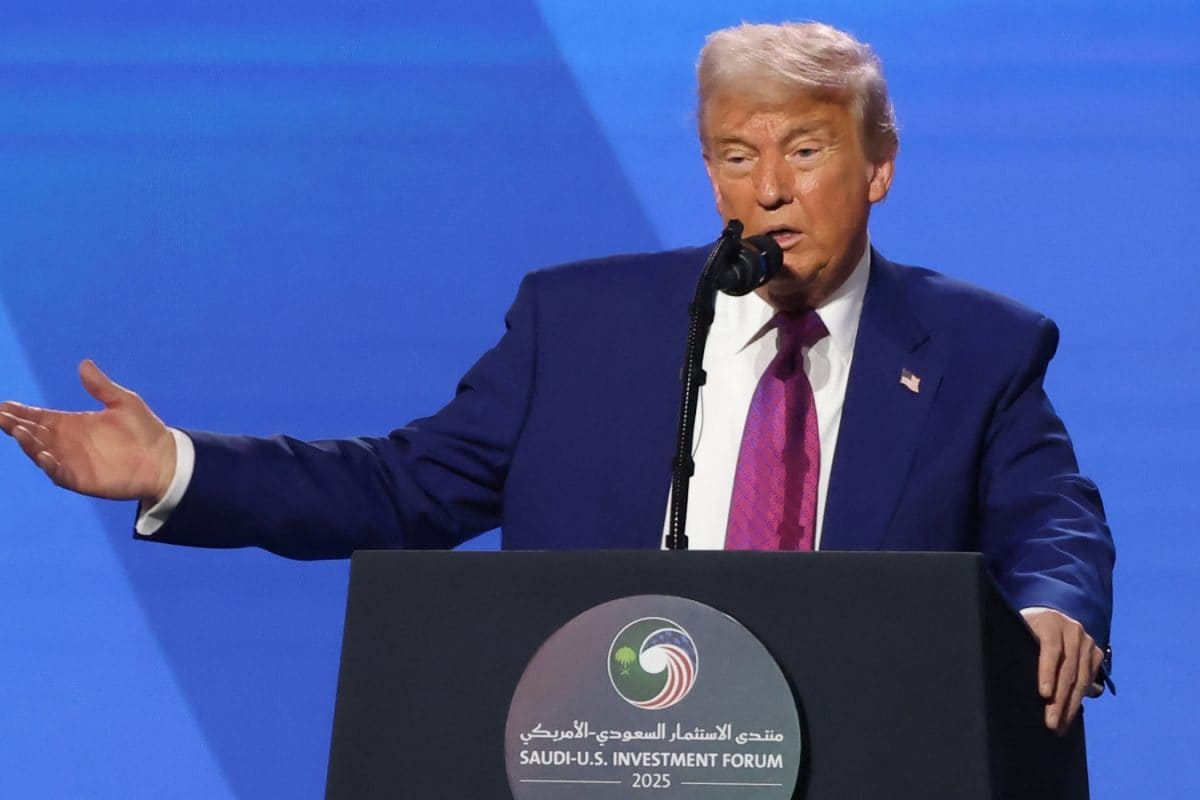

Following recent tensions and a ceasefire brokered after a four-day conflict, the Indian government has firmly reiterated its position on Jammu and Kashmir, emphasizing that it is a bilateral issue with Pakistan and that it has managed the situation effectively. This stance comes in response to US President Donald Trump's renewed offer to mediate and his claims of a US role in bringing about the ceasefire.
India has consistently maintained that all issues pertaining to the region are to be resolved bilaterally with Pakistan. The Ministry of External Affairs (MEA) has refuted any suggestion of third-party mediation, asserting that this position remains unchanged. According to the MEA, the "outstanding matter" is the "vacation of illegally occupied Indian territory by Pakistan". This refers to Pakistan-occupied Kashmir (PoK), over which India has repeatedly asserted its claim.
In the wake of the recent conflict, which followed a terror attack in Pahalgam, Kashmir, that resulted in the deaths of 26 people, India launched what it called "Operation Sindoor," targeting terrorist infrastructure across the Line of Control (LoC) and in PoK. India has dismissed claims that the US brokered the ceasefire to avert a potential nuclear conflict, stating that its military response was confined to conventional warfare. The MEA also denied that trade was discussed with the US during this period.
Furthermore, India has pushed back against what it sees as the "hyphenation" of India and Pakistan diplomatically. Indian officials have stated that they do not want or need anyone to mediate on the Kashmir issue. This position is deeply entrenched in India's strategic doctrine, with officials asserting that Kashmir is an internal matter and off-limits for foreign commentary or mediation.
The abrogation of Article 370 in 2019, which granted special status to Jammu and Kashmir, marked a significant shift in the region's governance. The Indian government has stated that this decision was aimed at fully integrating the region into the Indian union and promoting development. While the government has touted achievements such as increased tourism and investment, concerns remain regarding the impact on local representation and the ecological fallout from development projects.
Since 2019, Jammu and Kashmir has been divided into two Union Territories, Jammu and Kashmir, and Ladakh, both governed directly by New Delhi. While militancy-related violence has persisted, particularly in the Kashmir Valley, there have been claims of a decline in terror activities and increased normalcy in the region. However, reports also indicate that militancy has expanded into the Jammu region, posing new challenges for security forces.
India has framed its military response to the recent terror attack as part of a new counter-terror policy, asserting its right to respond on its own terms. Prime Minister Narendra Modi has stated that talks with Pakistan, if they occur, will only be on terrorism and Pakistan-occupied Kashmir. India has also made it clear that it will not tolerate "nuclear blackmail" or cross-border terrorism.
Despite the tensions and the differing narratives, India maintains that it has effectively managed the situation in Kashmir and is committed to addressing the challenges in the region through bilateral dialogue with Pakistan, while also focusing on development and integration.